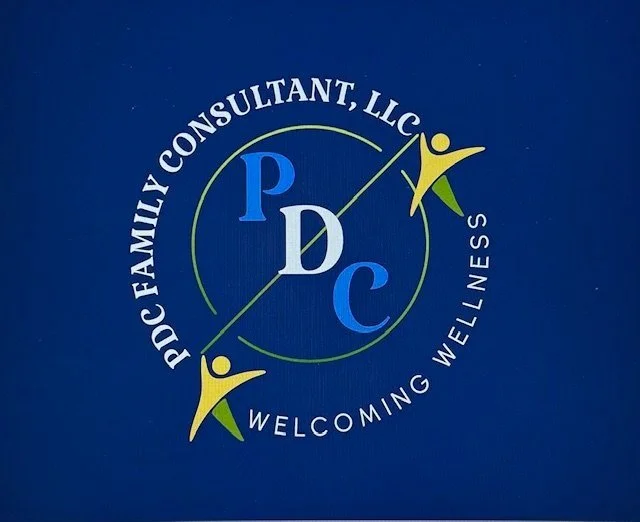A Caregiver's Journey Between Generations
Sandwiched
In early 2018, I spent months navigating the sterile halls of multiple hospitals, checking on the wellbeing of my aging mother. In between those visits, I would stop by a local group home to see my daughter in her small, single-room apartment. She lived there under the care of an agency that supports individuals with developmental disabilities.
By March of that year, I lost my mother. The grief was sharp—but caregiving didn’t stop. My daughter remained in the care of the agency, and I continued to support her from a distance.
Over the next few years, everything changed.
My daughter moved back into the family home. And in a moment that felt surreal after decades of short, cold visits, I picked up my father from Petersburg Federal Prison, where he’d been incarcerated for 40 years.
In what felt like the blink of an eye, I was sandwiched—wedged between a young adult daughter and an aging father, both with significant and complex needs.
The Weight of the Middle
My daughter, vibrant and brilliant, lives with cerebral palsy and uses a wheelchair. She requires hands-on care, physical support, and constant advocacy.
My father… was a man displaced in time.
He’d left the world at the top of his “game” and returned to a world he couldn’t recognize. Debit cards confused him. Facetime blew his mind. He searched the TV for the only channels he remembered—just the local stations and old westerns. Though one thing he did get hip to quickly: ESPN Get Up.
I worked tirelessly to help him adjust. Housing. Medical care. Basic life skills. I did it all—because there was no one else to do it; no one physically willing to do it.
But while I was trying to help him rebuild his life, I was slowly watching my own energy disappear.
That season, more than any other, was what pushed me to begin my caregiver wellness journey—because I was depleted, and I knew it.
Wounded, Willing, and Worn Out
I opened my home to my father as a wounded and willing daughter. The only relationship we’d ever really built was through prison visits. He was a stranger, familiar only by blood.
And yet, I gave him everything I could.
He required so much. Emotionally. Physically. Logistically. And often, he gave back so little—even when he was fully capable. It was exhausting. Stress flooded my life and my home.
Eventually, I had to face a hard truth: this wasn’t sustainable.
After a year, my father randomly decided to leave. And in so many words, I was yet again a broken wounded child without a father. I let him go—not just from my home, but from my emotional grip.
Still Sandwiched
His departure didn’t lift the weight of caregiving. I remained in that in-between space. I still support him: answering his calls about medications and appointments, picking up groceries, offering guidance. But the caregiving boundary is clearer now. The care provided to my child will forever be my duty, my job. In this position I am forever grateful to learn and grow in a way to supports us both.
We’ve all heard how important self-care is—but when you’re caring for both aging parents and your own children, self-care can feel like a luxury you can’t afford.
But here’s the truth:
Self-care isn’t selfish. It’s survival.
Take a moment to really think about what self-care looks like for you.
It doesn’t have to be elaborate or expensive. It might be:
Taking a quiet walk outside
Lying down and meditating for a few minutes
Enjoying 15 uninterrupted minutes to complete a skincare routine
Listening to music
Journaling or reading
Doing something you love—gardening, baking, drawing, or simply drinking your coffee while it's still hot
Whatever self-care means to you—do it.
Even if it’s in short bursts throughout the day. Even if it means asking for help to make it happen. You deserve that time. You are worth taking care of.
Remember when you care for yourself, you’re also caring for those who rely on you.
Replenished energy = renewed patience, strength, and presence.
By making self-care a regular part of your routine, you reduce stress, avoid burnout, and create space to breathe—so that you’re not just surviving, but living.
